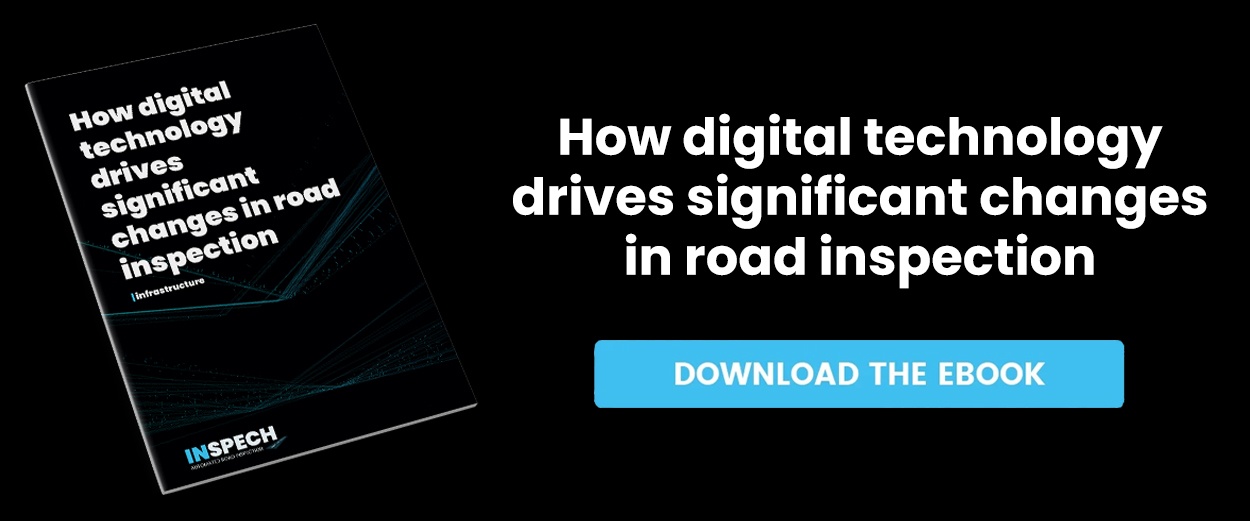Europe has a very dense traffic network with almost 7 million kilometers of highway assets, much of which is aging infrastructure. It is important that all these roads are well maintained through regular inspection and assessment of road condition, by qualified road inspectors. However, the Center for Regulations and Research in Ground, Water, Road Construction and Traffic Engineering (CROW) notes that the number of certified inspectors is lagging behind. In addition, according to a report by the European Court of Auditors, the maintenance budgets for roads are decreasing considerably, while road usage is increasing.
Often visual inspections are carried out while driving or on foot by inspectors. Thanks to HD video cameras and GPS, this can be done more easily and the quality of the road surface can be recorded more quickly. The assessment can then be carried out by inspectors from behind their computers. While this is safer, this approach remains time-consuming. It is therefore important that traditional inspection approaches are renewed and organizations look for solutions based on automation. In this way, the shortage of qualified road inspectors can be solved, a more consistent inspection can take place and work can be done more efficiently at a lower cost.
Employing Digital Inspectors for Automated Road Inspection
To provide a solution to these challenges BrainCreators, the specialist in visual inspectors, along with Unihorn, an engineering consultant for Infrastructure and Public Space and part of Strukton, developed the digital inspector - INSPECH. The solution is a combination of Unihorn's road inspection domain knowledge and BrainCreators Artificial Intelligence capabilities and platform. This enables the digital inspector to automatically detect damage to roads and enables customers to make data-driven decisions based on video recordings.
The Digital Inspector is trained to automatically classify road sections in accordance with the local authority guidelines, such as Rijkswaterstaat or CROW in the Netherlands. It provides road managers with a consistent and detailed road inspection report which can also be visualized on a map in the INSPECH browser, through a seamless user experience. In this way, immediate maintenance decisions, as well as multi-year planning and budgeting, can be made of the road network concerned. As a result, road inspections are performed better, faster and safer at lower operational costs, whilst enabling users with more insights to more efficiently execute their multi-year planning and budget forecasting.
INSPECH can be used to intelligently automate different types of manual visual inspections. This includes Coarse Visual Inspections (CVI) and Detailed Visual Inspections (DVI), minor and/or direct maintenance, and preparations for road maintenance works. The digital inspector - INSPECH - has already been successfully deployed by municipalities, Rijkswaterstaat, contractors with DB(F)M contracts, and airports.
Discover more about INSPECH and our vision of road management in this free ebook! 👇

